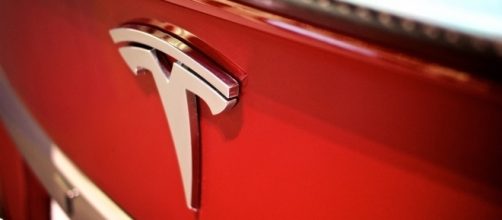Tesla has just illustrated that you cannot keep a good and determined electric car manufacturer down. Early this month, they may have admitted that their production schedule for the new Model 3 mass-market sedan was woefully short of the necessary quota. Then, in mid-October, the company raised eyebrows when they fired several hundred of their employees across the job spectrum, though they insist it was due to the result of a mass performance review. But as Tesla founder and CEO Elon Musk, would put it, he prefers to look at everything from an optimistic point of view.
Nothing can be more optimistic for the e-car manufacturer than forging a deal to build a new factory for their vehicles in China.
Special arrangement
An agreement has been reached between Tesla and the Chinese government towards the construction of a production complex located in the free-trade zone that is the city of Shanghai. Such an arrangement could potentially set up Elon Musk’s company to be in a strong position to sell their line of vehicles in the largest electric car market in the world, bar none. The deal was first made public on Sunday, October 22, though no specific details have been brought out.
According to the terms of the agreement, the new Shanghai factory will be owned wholly by Tesla, rather than be a joint venture with a local Chinese manufacturing firm.
This is apparently the first time such a deal between the government and foreign car makers was made. It comes off a test case of the Communist Party’s relaxation of its strict joint-venture regulations to allow companies from overseas to open factories in Chinese territory. The fact that Tesla has managed to sell up to $1 billion worth of its electric cars in China last 2016, plus its acceptance of a major investment from Chinese tech conglomerate Tencent Holdings, may have helped smooth the deal out.
On the e-car frontier
Elon Musk has been pushing for a chance to build a Tesla factory in China since as far back as 2015. Such a move would help make their electric cars more affordable for Chinese consumers, as the average price of a Tesla e-car was 50 percent more in the local market than stateside.
Even as the company has gotten the go-ahead for building their facility in Shanghai, the fact that they have not partnered with a local manufacturer means that their cars will still be given a 25 percent import duty.
China is the world’s largest automobile market, and in line with its international commitment to anti-global warming efforts, the country has stepped up its plans for total vehicle electrification. Once Tesla has its future Shanghai factory up and running, they could have boots on the ground towards tapping into the e-car market for China and in turn boost the company’s global production immensely.


